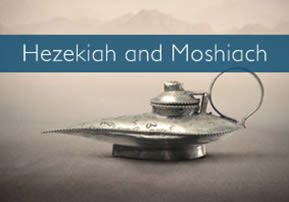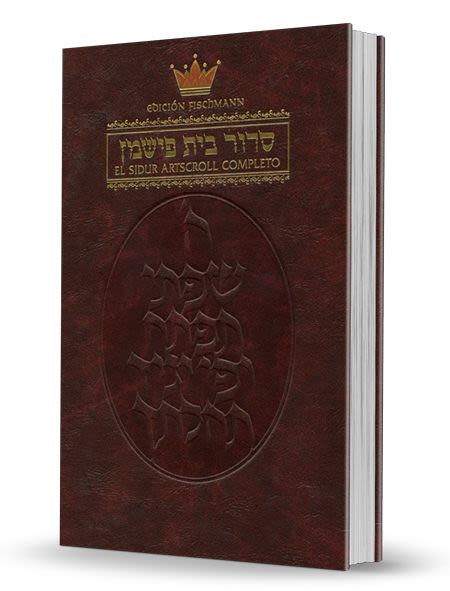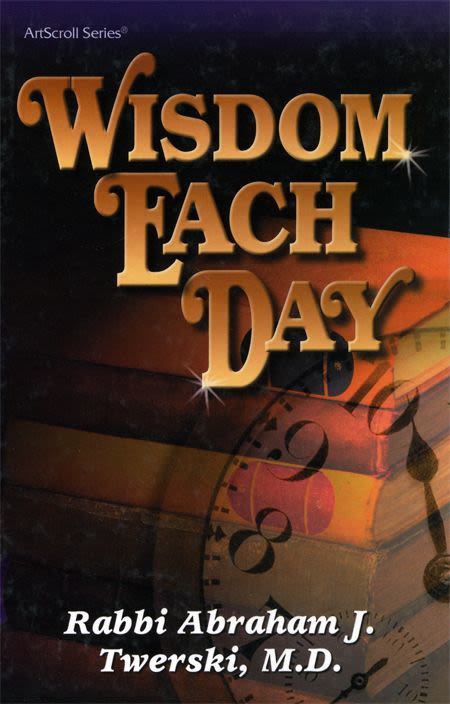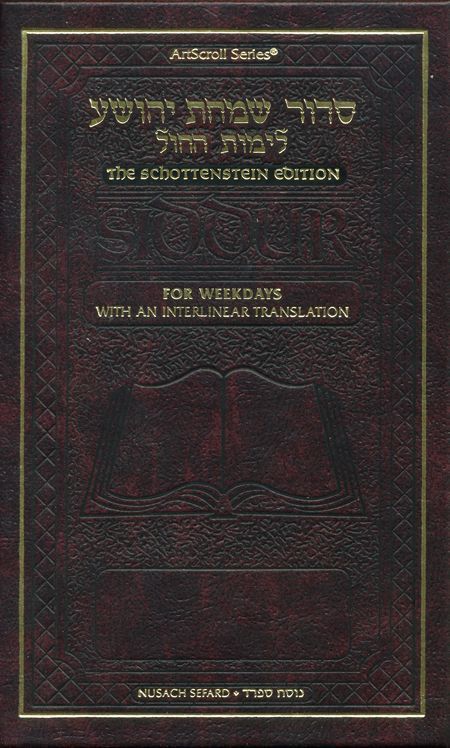
Hezekiah and Mashiach
The Jews of King Hezekiah's time should have brought redemption. The Talmud says that King Hezekiah should have been Moshiach, but neither merited; why?

King David was chosen by to be G-d's anointed, the Moshiach, mainly because he devoted extensive time to prayer and praise of G-d – more time than any other righteous person. That is why King David is called "the pleasant singer of Israel." In his famous Book of Psalms, King David calls upon the entire Nation of Israel and the entire world: “Sing to G-d! Praise Him! Sanctify His Name! Tell of His wonders! Let us go and praise G-d, let us shout for joy to the Rock of our salvation! Let the entire earth shout for joy to G-d!” The entire Book of Psalms is filled with King David's message to all mankind: Sing to G-d, praise Him and thank Him.
 Was the time that King David devoted to prayer detrimental to his Torah learning? Certainly not, Heaven forbid. The Talmud testifies that the entire Torah was like an open book before him and that all his decisions in Jewish law became accepted legislation. The Talmud further states that King David learned more Torah in one night than a veteran student can learn in one hundred years! The Midrash relates that King David learned Torah with such devotion that when the Angel of Death came to take his soul, he had to figure out how to get King David to stop his learning, because he could not get near him as long as he was learning Torah. Nevertheless, King David became the Messianic predecessor by virtue of his songs of praise and not in the merit of his Torah learning. His songs of praise testify to his prowess in the inner dimension of the Torah: the ability to know G-d, to thank Him, to praise Him, and to sing to Him.
Was the time that King David devoted to prayer detrimental to his Torah learning? Certainly not, Heaven forbid. The Talmud testifies that the entire Torah was like an open book before him and that all his decisions in Jewish law became accepted legislation. The Talmud further states that King David learned more Torah in one night than a veteran student can learn in one hundred years! The Midrash relates that King David learned Torah with such devotion that when the Angel of Death came to take his soul, he had to figure out how to get King David to stop his learning, because he could not get near him as long as he was learning Torah. Nevertheless, King David became the Messianic predecessor by virtue of his songs of praise and not in the merit of his Torah learning. His songs of praise testify to his prowess in the inner dimension of the Torah: the ability to know G-d, to thank Him, to praise Him, and to sing to Him.
True Torah is conducive to emuna, enhancing a person’s faith and his ability to see G-d's loving-kindness in all events. Building and reinforcing emuna is the ultimate purpose of the Torah. If one’s intention in learning Torah doesn’t include the desire to enhance his emuna, particularly his emuna in Divine Providence – what is called in Hebrew hashgacha pratit – then he is missing the entire point of his Torah study.
During the period of King Hezekiah, Torah study surpassed every other era in Jewish history. However, the Hezekiah-era Torah study did not bring the redemption. This was despite the fact that the men, women, and children of the Nation of Israel in King Hezekiah’s time knew the Torah inside and out. However, their learning didn’t fuel their emuna nor move them to sing G-d's praises for the huge miracles that they saw, such as the miraculous defeat of the Assyrian army.
Everyone learned Torah in the days of King Hezekiah. The Talmud relates that the Sages of the time searched the entire Land of Israel and could not find one small child who was not an expert on the laws of ritual purification – today considered the most difficult set of laws in all of Judaism! Nowadays, even leading Torah sages don’t fully understand all the nuances of ritual purification. When Sancherib came to destroy Jerusalem, King Hezekiah plunged a sword into the ground at the entrance to the Study Hall so that the Jews learning Torah there would not leave. Indeed, Sancherib’s entire army was destroyed in a supernatural way, without a single Jew leaving the study hall. Hashem waged the war.
So if the Jews of that time so fiercely clung to the Torah, why didn't they merit redemption? The Talmud says that G-d wanted to make Hezekiah the Moshiach, His anointed. With all His learning and righteousness, Hezekiah failed to qualify because he did not regularly sing in praise to Hashem!
In light of everything that Hashem did for them, King Hezekiah and the entire Nation of Israel should have sung praises to G-d long before they witnessed the miraculous downfall of Sancherib. And certainly a song of praise was in order on the night that an angel of G-d smote the Assyrian military camp surrounding Jerusalem – all 185,000 Assyrian officers, not to mention all the soldiers under their command. If the Nation of Israel did not sing G-d's praises after such revealed miracles, it was a sure sign that they had still not achieved the ultimate goal – emuna, the pure and complete faith in G-d. They had not yet emerged from the spiritual husk of grievance and ingratitude. Thus, it was impossible to bring the redemption in their time!












Tell us what you think!
Thank you for your comment!
It will be published after approval by the Editor.